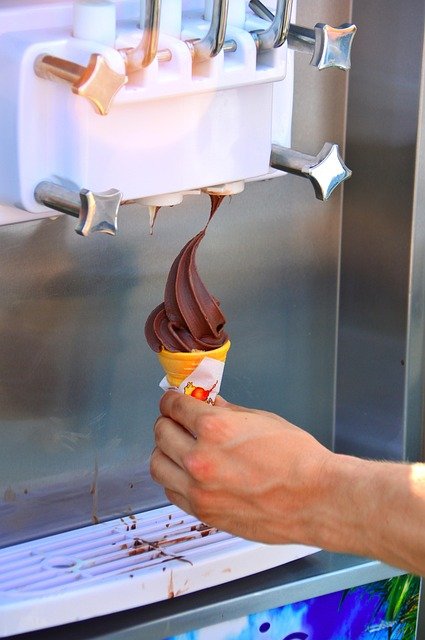Best Commercial Ice Makers for Restaurants, Bars & Healthcare
July 9, 2025 | by li, moniker

When running a business in the foodservice, hospitality, or healthcare industry, having a reliable commercial ice maker is essential. Unlike residential models, commercial units are built to produce large quantities of ice efficiently, ensuring that your operations never run short. Whether you own a bar, restaurant, hotel, or hospital, investing in the right ice machine can significantly impact customer satisfaction and operational efficiency. This article explores key factors to consider when purchasing a Commercial Ice Maker, including capacity, type of ice, energy efficiency, and maintenance requirements. By the end, you’ll have a clear understanding of how to choose the best model for your business needs.
Determining the Right Capacity for Your Business
One of the first considerations when buying a commercial ice maker is determining the right production capacity. Ice production is typically measured in pounds per 24 hours, and your choice should align with your business’s peak demand. For example, a small café may only need a machine producing 100-200 lbs daily, while a busy restaurant or bar might require 500 lbs or more. Underestimating your needs can lead to shortages during peak hours, while overestimating may result in unnecessary energy costs. Assess your daily ice usage by tracking consumption over a week to make an informed decision.
Choosing the Best Type of Ice for Your Needs
Not all ice is created equal, and different businesses require different ice types. The most common varieties include:
- Cubed Ice: Ideal for beverages in bars and restaurants due to its slow melt rate.
- Nugget Ice: Soft and chewable, perfect for healthcare facilities and smoothie shops.
- Flake Ice: Commonly used in seafood displays and medical applications because of its moldable texture.
Your choice should depend on how the ice will be used. A Commercial Ice Maker that produces the wrong type can affect customer experience and operational efficiency.
Energy Efficiency and Long-Term Cost Savings
Commercial ice machines run continuously, making energy efficiency a crucial factor. Look for models with ENERGY STAR certification, which consume less electricity without compromising performance. While energy-efficient units may have a higher upfront cost, they reduce long-term operational expenses. Additionally, consider water-saving features, as ice makers can be significant water consumers. Some modern models use air-cooled systems instead of water-cooled ones, further lowering utility bills. Investing in an efficient machine not only benefits the environment but also improves your bottom line.
Maintenance and Durability Considerations
A commercial ice maker is a long-term investment, so durability and ease of maintenance are key. Stainless steel construction resists corrosion and extends the machine’s lifespan. Regular cleaning and descaling prevent mineral buildup, ensuring consistent ice quality and preventing breakdowns. Some models feature self-cleaning functions, reducing manual labor. Additionally, check warranty terms—reputable brands offer extended coverage, protecting your investment. Proper maintenance not only prolongs the machine’s life but also ensures compliance with health and safety regulations.
In conclusion, selecting the right Commercial Ice Maker involves evaluating capacity, ice type, energy efficiency, and maintenance needs. By understanding your business’s specific requirements, you can choose a machine that enhances productivity and customer satisfaction. A well-researched purchase will save costs in the long run while ensuring a steady ice supply. Whether you’re upgrading an old unit or buying your first commercial ice maker, prioritizing quality and functionality will pay off in operational efficiency and customer satisfaction.
RELATED POSTS
View all

